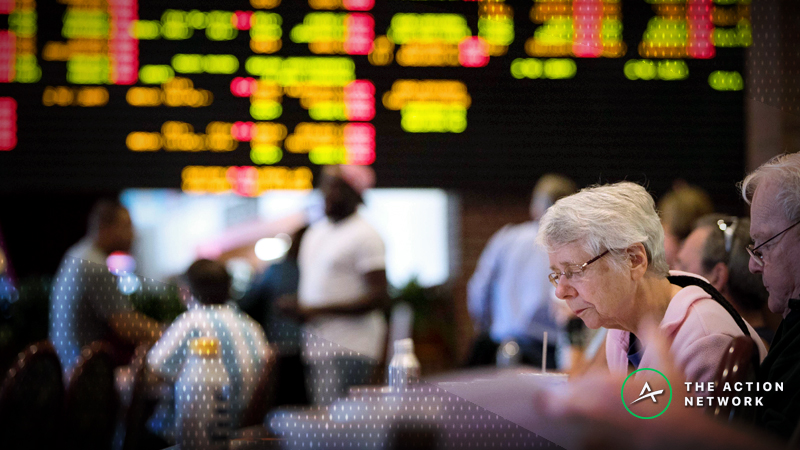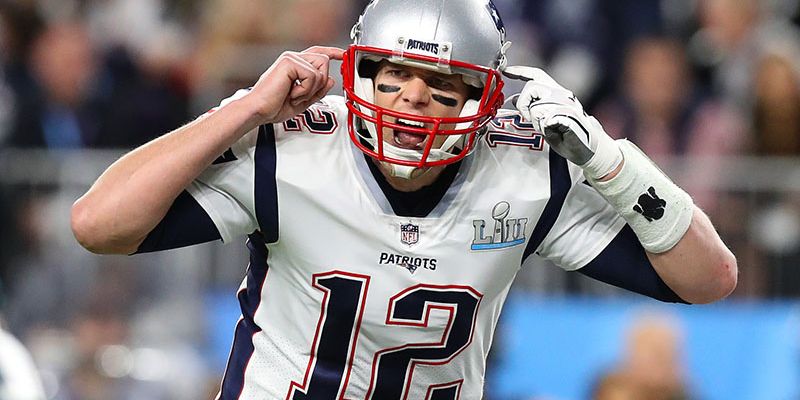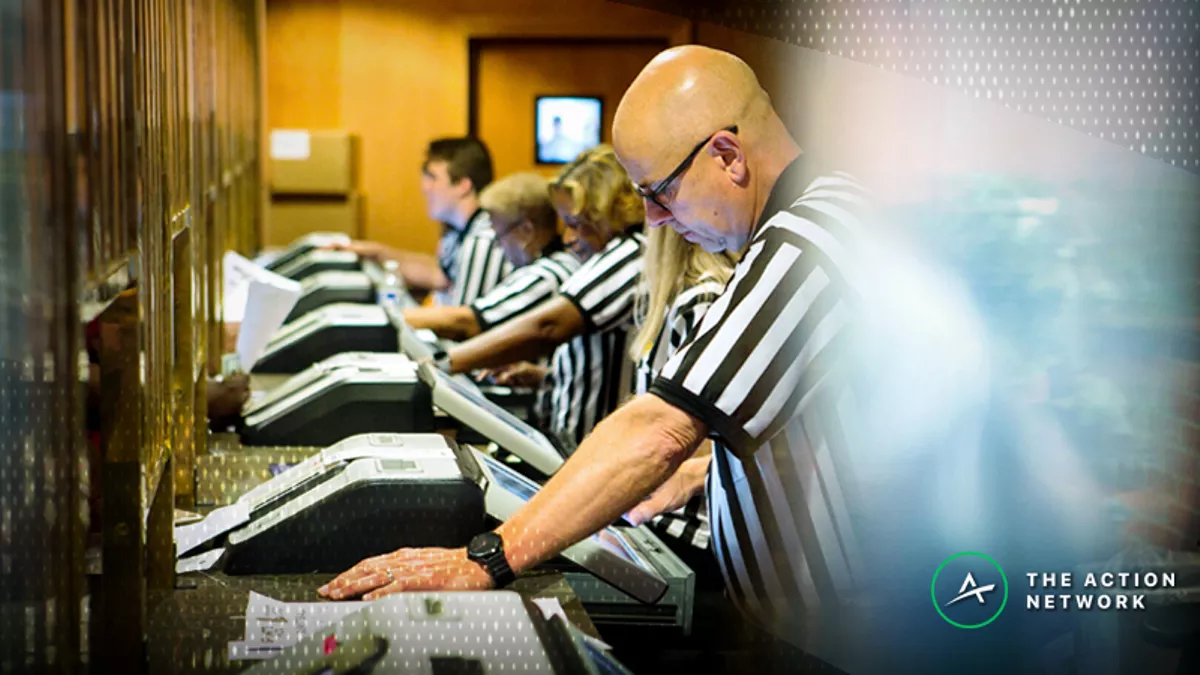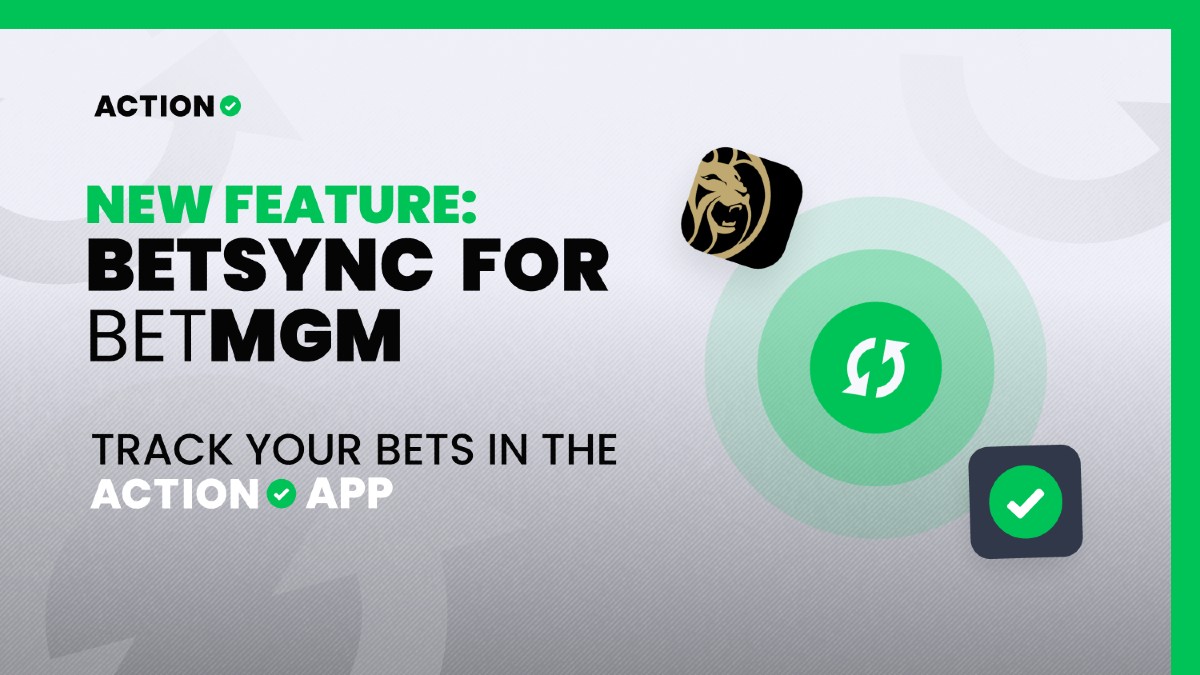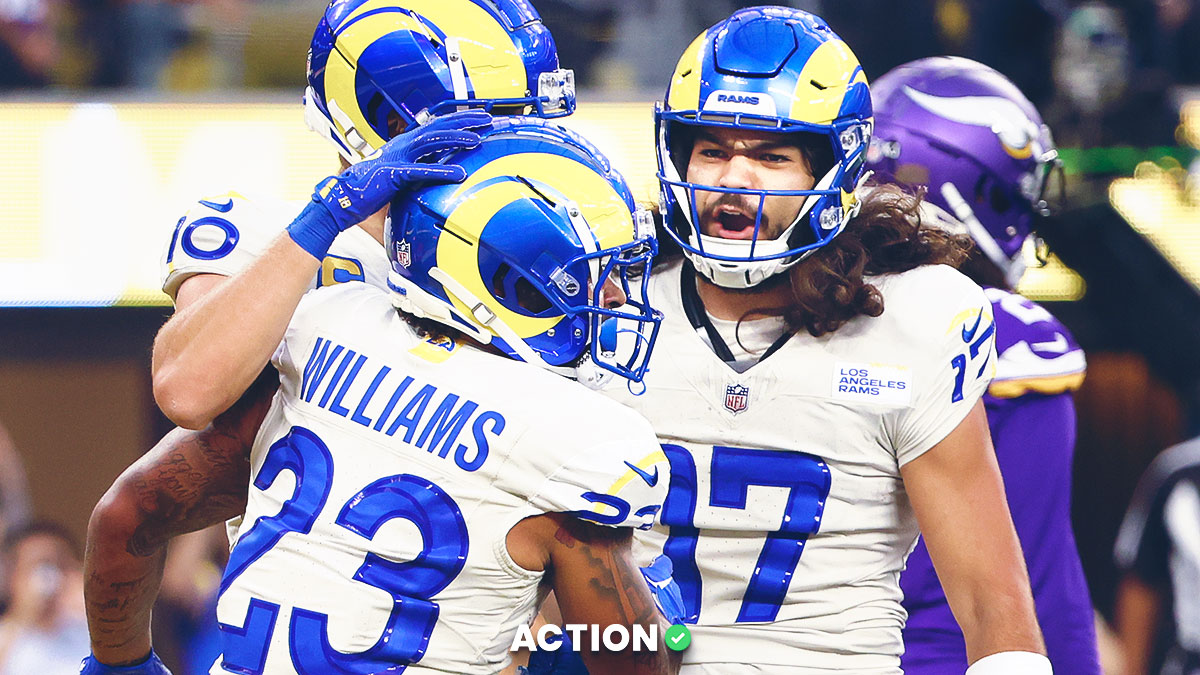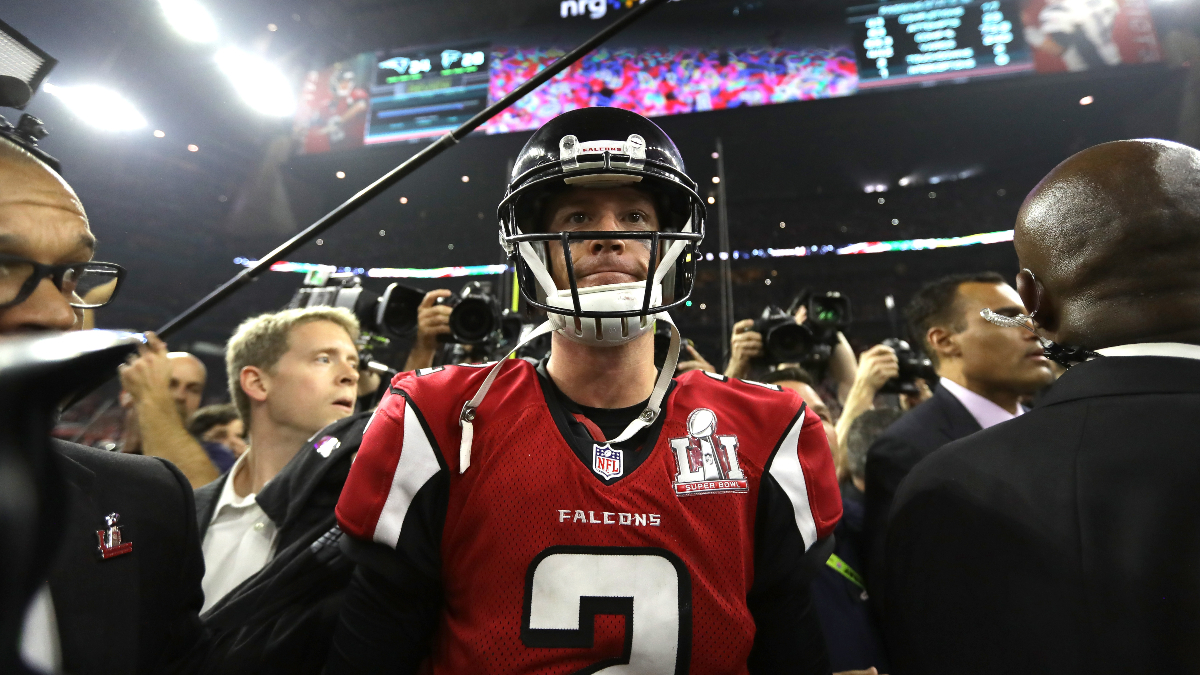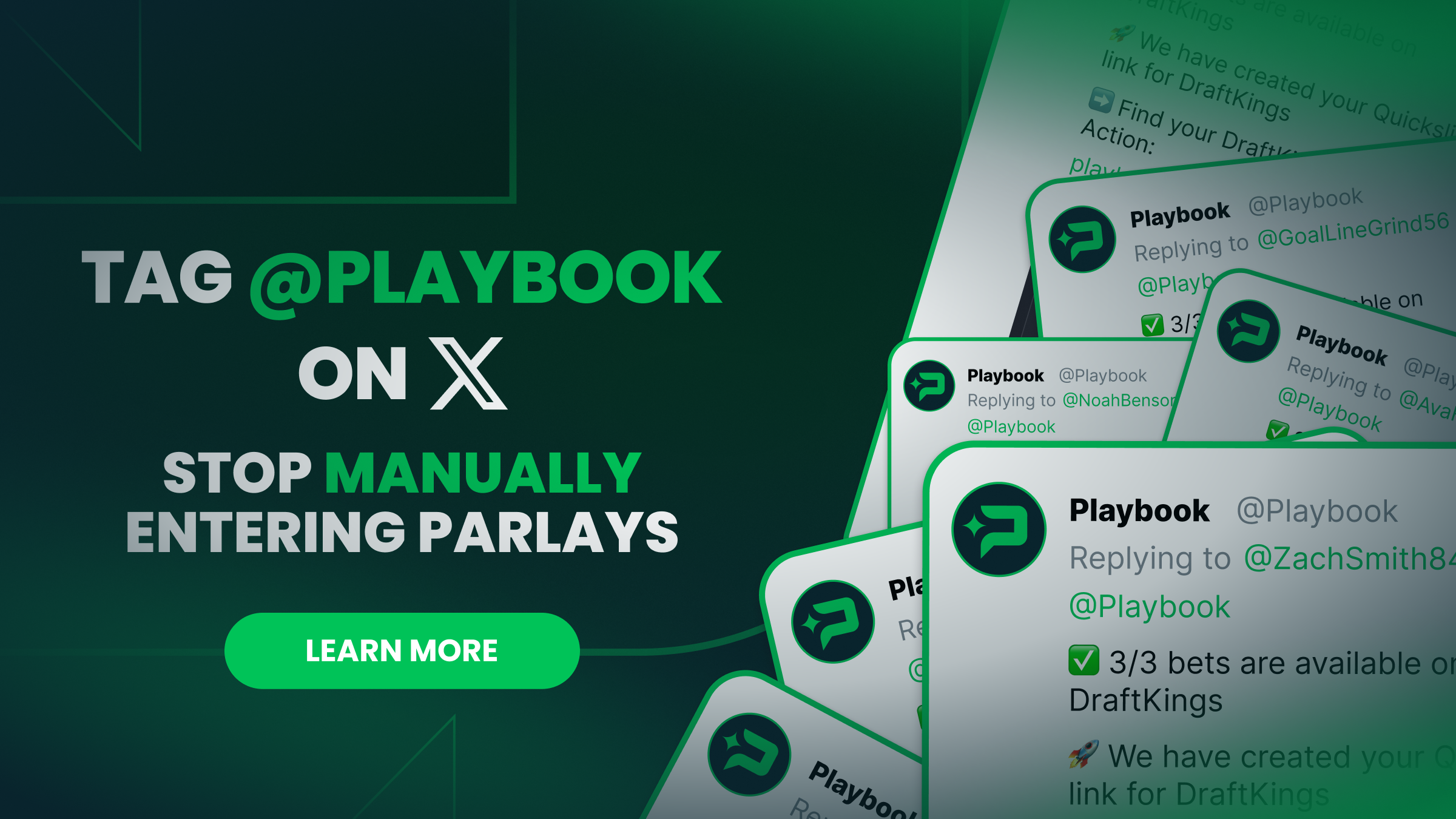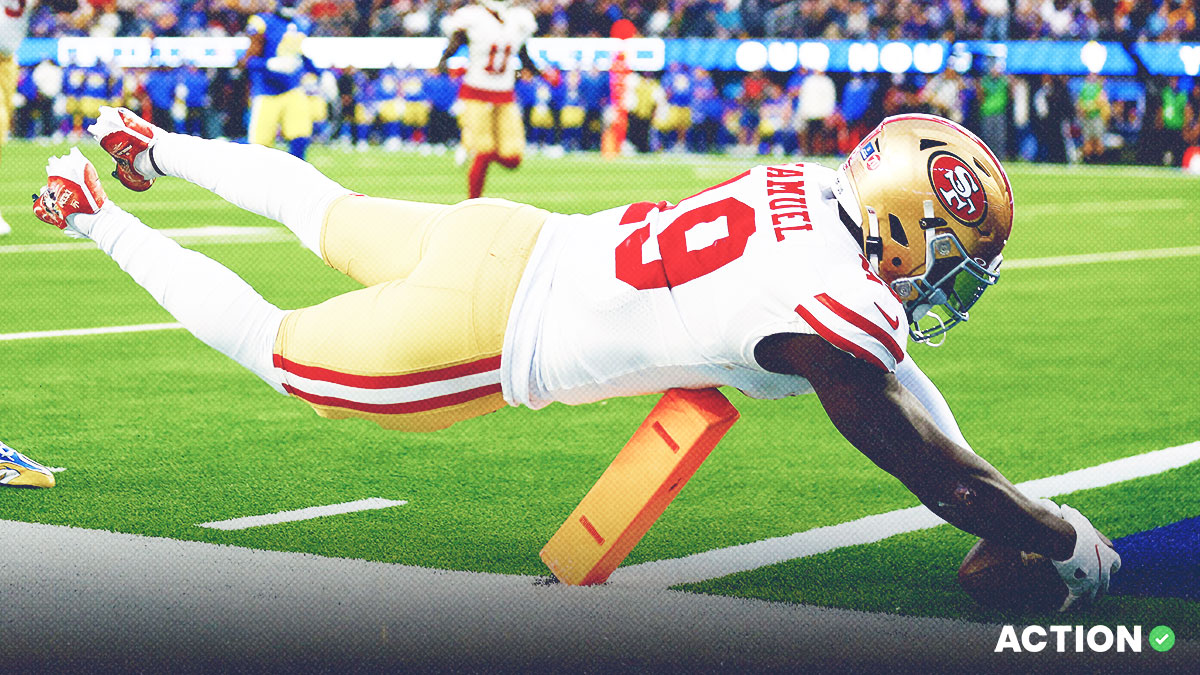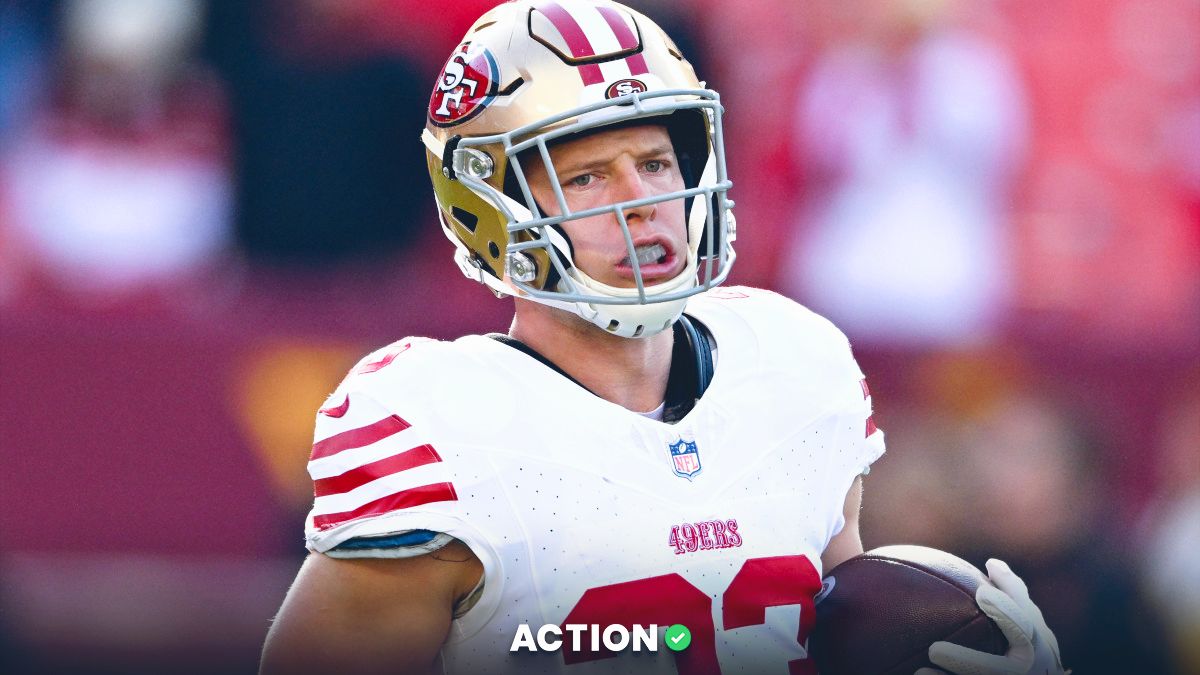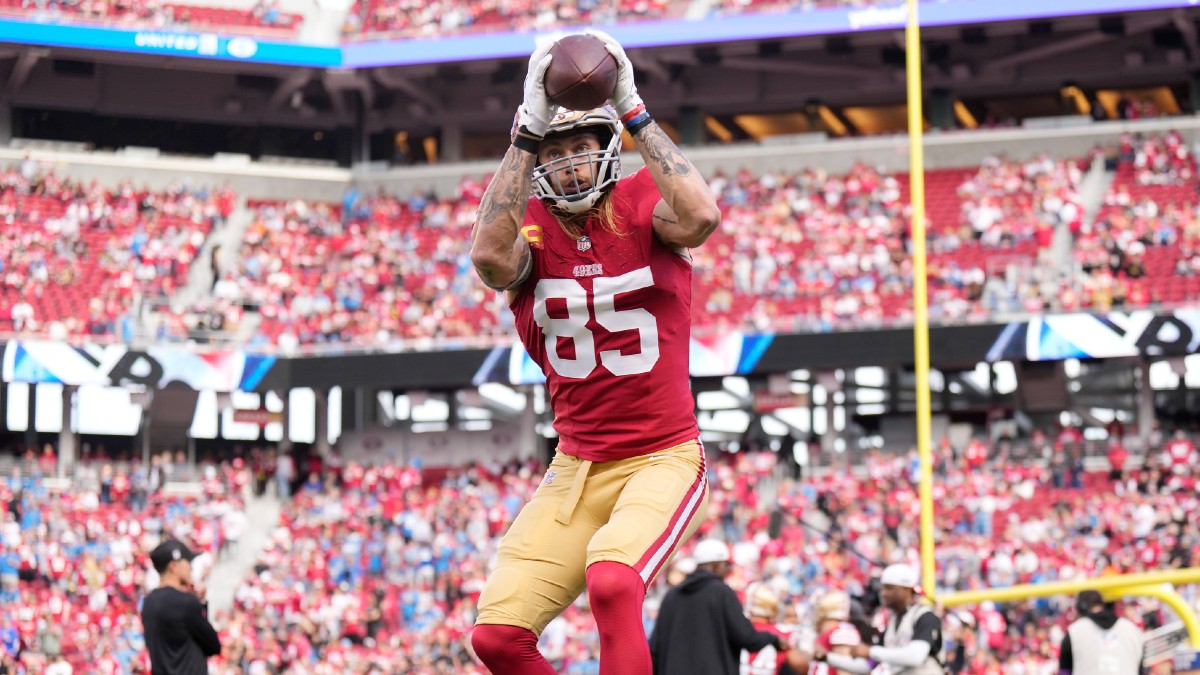- Get definitions for the most popular sports betting terms in our full glossary to become a more informed bettor.
Sports betting lingo can be confusing, especially those new to the industry. The glossary below contains many of the most commonly-used terms, concepts and strategies that you will see on this site and across sports betting as a whole.
Sports Betting Terms & Glossary
Action – A wager of any kind.
Added Game – A game that is not part of the regular Las Vegas rotation. Oftentimes this will be a rescheduled game or the second game of a doubleheader.
Against the Spread (ATS) – Refers to taking or laying points (aka the spread) as opposed to taking a game straight up.
Arbitrage – The simultaneous purchase and sale of the same game in different markets to profit from unequal prices, guaranteeing profit.
Bankroll – The available funds you have to bet with.
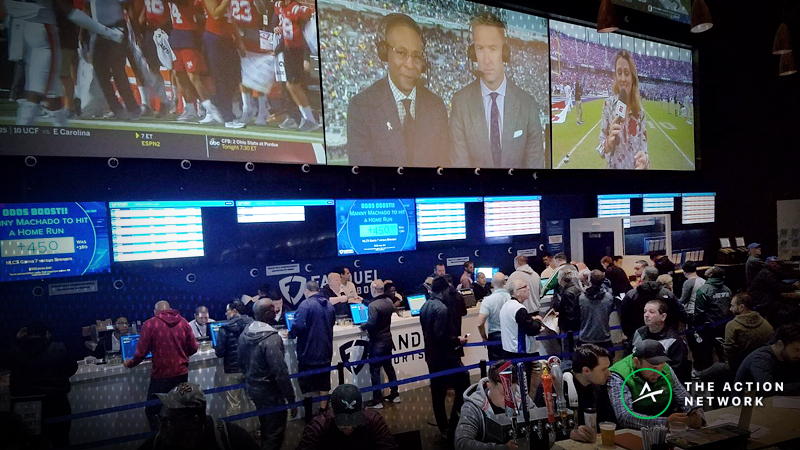
Bookmaker – A person who is licensed to create betting lines and take wagers.
Buying Points – Paying an additional fee in order to get a game at a more attractive price. Often times bettors will buy points in football around key numbers such as 3 and 7.
Chalk – The favored team.
Contrarian Betting – Also known as betting against the public, contrarian betting finds value by betting on games with lopsided betting percentages.
Cover – In sports such as football and basketball, a bettor wins their bet if they cover the point spread. For example, if you bet a 7-point favorite and they win by nine, you have covered the spread.
Dime – A bet of $1,000.
Dog – Short for underdog, this is the team which bookmakers assume will lose the game.
Draw – Also known as a push. If a game falls exactly on the spread, there is no winner and bettors will receive their money back.
Edge – A bettor's advantage against the house. This will typically refer to an instance where you have a positive expected value.
Even Money – A bet where you are not paying any vigorish (i.e. betting odds are +100).
Favorite – The team bookmakers expect will win their game.
Field – In proposition (prop) bets, bettors are often allowed to bet the field. This refers to an accumulation of all the teams or players that are not specifically listed.
Future – This refers to bets that come down in advance of an event. For example, one can bet a Super Bowl future prior to the beginning of the season by selecting which team(s) they believe will win the championship. A bettor receives payment at the end of the season if their selection did claim the title.
Hedging – Placing bets on the opposite side after you have already placed a wager on one side. This can be used to either cut your losses, or guarantee a profit.
Hook – In spread based sports, the hook is an extra half-point that bettors can get. Oftentimes in football, bettors will buy the hook around key numbers like 3 to get a line of 3.5.
Grand Salami – This typically refers to the over/under total for how many goals/runs will be scored across all games in a specific league.
Juice – This is the tax that sportsbooks create for placing a wager. Typically, books offer -110, which means that you need to win 52.38% of your bets to break even. Some books will offer reduced juice with lines between -104 and -107.
Key Numbers – This represents the most common margins of defeat, and is used frequently in football where many games end with one team winning by a multiple of three or seven.
Limit – The most money a sportsbook will take on a single event.
Lines – Another term for the betting odds.
Middle – This occurs when you bet on both sides of a game and have an opportunity to win both bets. For example if you bet on Team A +10.5 and Team B -7.5, you win both bets if Team B wins by 8-10 points.
Moneyline – In sports like baseball, soccer and hockey, there are so few runs/goals scored that it doesn't make sense to only offer a spread. Instead, these sports offer a moneyline in which you bet on whether or not a specific team is going to win straight-up.
Nickel – A bet of $500.
Off the Board – A game or event that sportsbooks will not allow you to bet on. Oftentimes a game is taken off the board if there is uncertainly surrounding a player’s injury status or the weather.
Over/Under – Also known as the total, this refers to the total amounts of points/goals/runs that will be scored in the game. If both teams combine to score more than the total, the over wins. If they combine to score fewer, the under wins.
Parlay – When a bettor makes multiple bets (at least two) and ties them together, you need multiple events to all win for higher payouts.
Pick ‘Em – An instance in which neither team is favored. In spread based sports like basketball or football, this is a line of 0.
Prop Bet – A bet on something other than the outcome of a game. Common prop bets include an over/under on points scored, passing yards, or strikeouts by an individual player.
Public Betting Percentage – Also referred to as public betting trends, we offer real betting percentages from seven contributing sportsbooks. These numbers represent real bets placed at real sportsbooks. These percentages are integral for our betting against the public philosophy.
Push – When a contest ends without a winner. In a moneyline sport this happens if the game ended in a tie. In a spread sport, this happens if the favorite wins by the exact spread.
Real Time Odds – Live lines that update immediately as sportsbooks adjust their lines – also known as live betting or in game wagering.
Reverse-Line Movement – Betting line movement that contradicts the public betting percentages. For example: if Team A is receiving 80% of the public bets as a 7-point favorite yet the line drops to -6.5, this is an example of reverse line movement. This indicates that sharp money is taking Team B.
Return on Investment (ROI) – A performance measure used to evaluate the efficiency of an investment.
Run Line – In moneyline sports like baseball or hockey, you can take the equivalent of a spread — the run/puck line. This alternative allows you to add runs for the underdog, or subtract them from the favorite. This means that a favorite has to win by at least two runs for you to win your bet, while an underdog could either lose by one run or win straight-up to win the bet. The benefit of this is that you can bet more favorable lines on favorites, but because baseball and hockey are such low-scoring games, the chance of success is lower.
Runner – An individual who places a bet on behalf of another person.
Steam Move – A sudden, drastic and uniform line movement across the entire sports betting marketplace.
Teaser – A special bet in which you are able to adjust the point spread or total for a game. The more you change the spread, the lower the payout becomes.
Tout – An individual who sells their picks or their sports betting expertise to others.
Units – We consistently report sports betting wins/losses according to units won or lost. We recommend betting one unit per game, which refers to a standard monetary measurement — typically between 2-4% of your bankroll. For example if your bankroll is $1,000, one unit is between $20 and $40. Then if you noticed a system that has won 15 units over the season, you could easily calculate your earnings by taking the units earned and multiplying them by your standard betting unit (in this case, $20 x 15 units = $300).
Wager – Any type of bet.
Where to Bet on Sports: Best Legal Sportsbooks
Now that you have a better understanding of some key sports betting terms, where should you be looking to place your wagers? The short answer: The sportsbook with the most advantageous odds.
Luckily, since the U.S. Supreme Court overturned the federal ban on sports betting in May 2018, multiple states have launched robust mobile betting operations. To get a complete rundown on where legal betting stands in your state, check out our complete guide here, but the main states to know for online betting are Colorado, New Jersey, Pennsylvania, Indiana and West Virginia.
There's also betting exchanges which lets users bet vs. each other at lower fees compared to traditional sportsbook.


